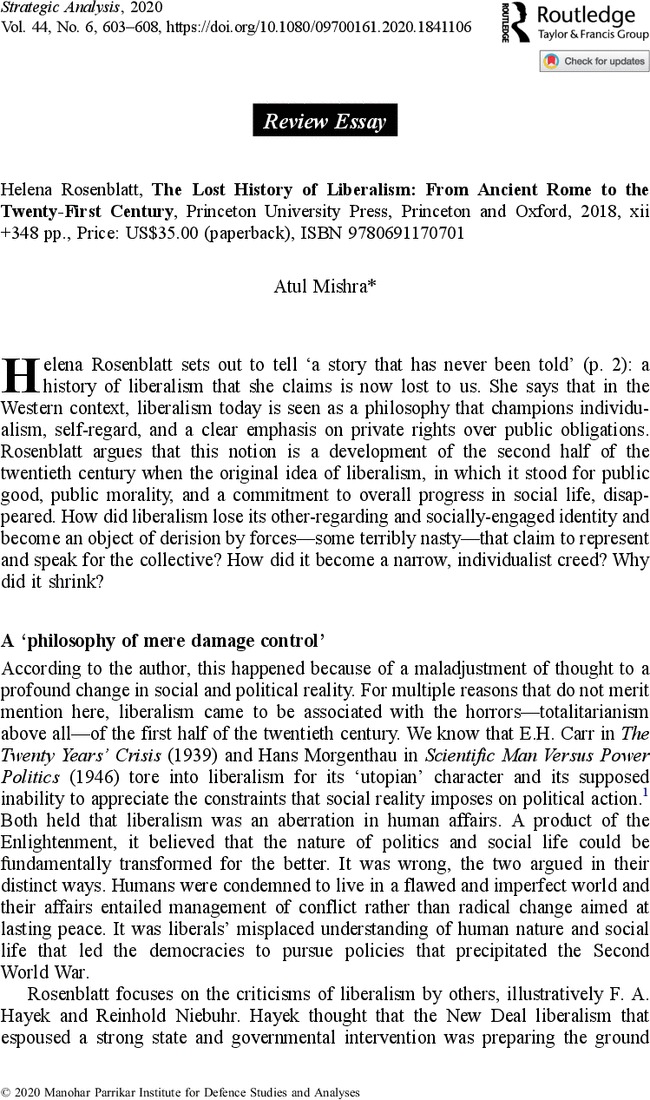Modeling Attribution of Cyber Attacks Using Bayesian Belief Networks
The article makes an attempt to bring to the fore the various factors which are considered in the due process of attribution of a cyber-attack and the correlation of credible attribution with cyber deterrence. The focal point of the article is a three-step approach to model the decision-making process behind attribution of cyber-attacks using Bayesian Belief Networks and a case study to elucidate on the functioning of the model.
- Munish Sharma
- January 2021 |
- Strategic Analysis
- |






